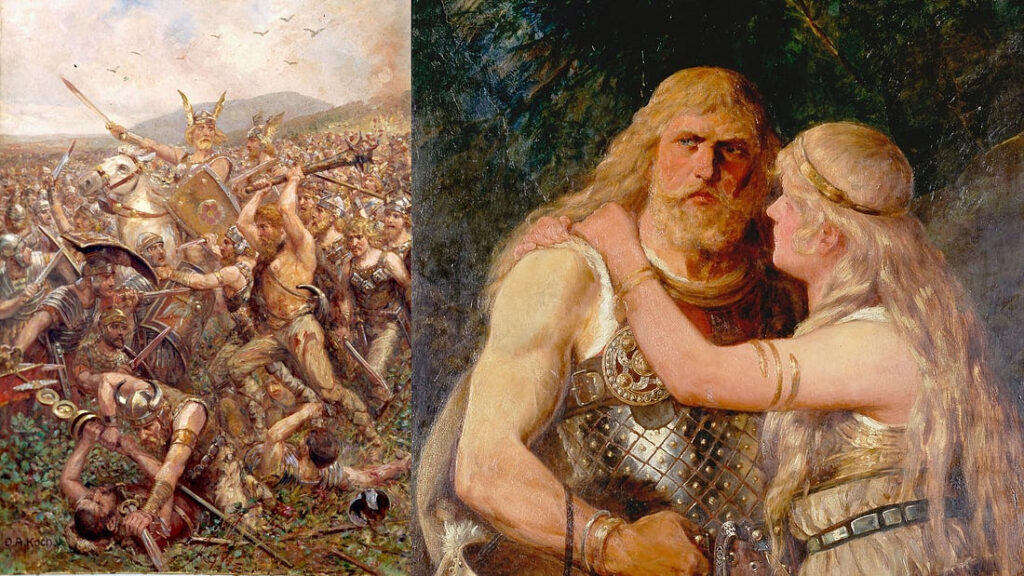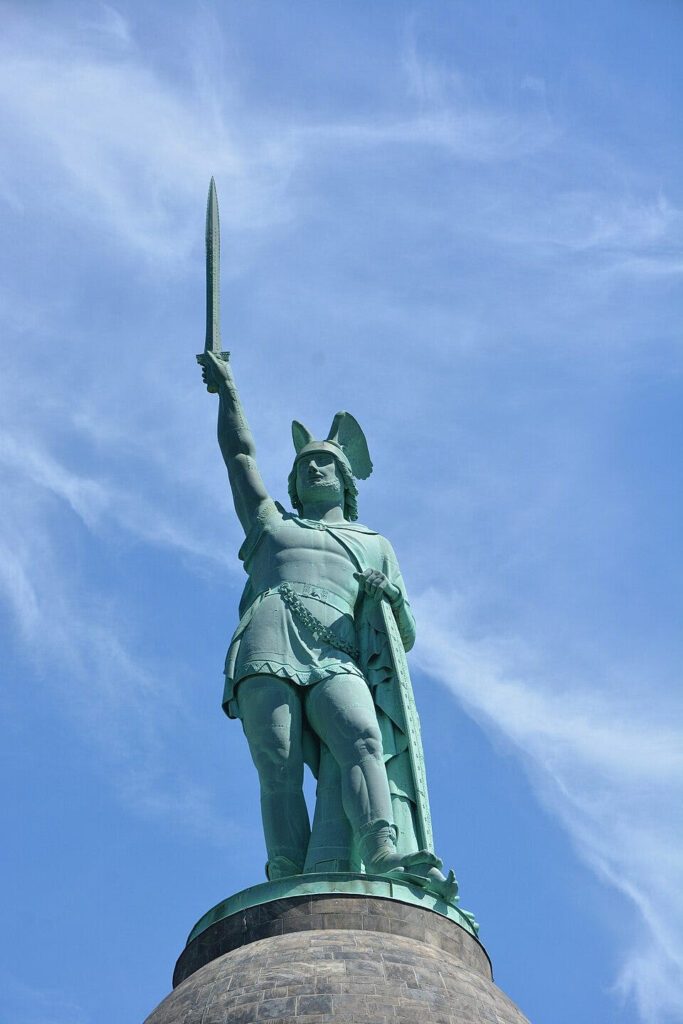Insights
“The recipe for great work is: very exacting taste, plus the ability to gratify it.” — Paul Graham
“Remember, if you never do anything differently, you’ll reduce your chances of enjoying lucky accidents.” ― Rory Sutherland
“A man who is used to acting in one way never changes; he must come to ruin when the times, in changing, no longer are in harmony with his ways.” ― Machiavelli Niccolo
What I Learned This Week
I would like to talk about the last great battle of the Romans. They call it the Battle of the Catalaunian Plains. This fight was held between the Romans and the Germanic tribes. It was suggested that up to 100,000 fighters took part on the hills of what is now northeastern France.

Even though it’s often said the Romans won, both sides suffered massive losses. Chronicles from the time speak of “tens of thousands” killed or wounded. Modern estimates place the number somewhere between 25,000 and 35,000.
What made this battle “great” was that it marked the final time the Western Roman Empire managed to bring together such a large military force. After Châlons, Rome never again commanded that kind of presence on a battlefield.
After this event, the Roman Empire started to fade slowly. The empire bled out little by little, territories lost, emperors reduced to figureheads. Germanic tribes they once called allies began carving out kingdoms of their own.
The Boy Who Betrayed Rome
It was the year 18 BCE, in a Germanic tribe named Cherusci, somewhere in today’s Germany. A boy was born, and no one remembers his name from birth. His name was not carved into stone or remembered in oral legend, for he was, at the time, just another tribal boy. But fate would remember him, and history would grant him another name: Arminius.
This young boy was taken as a diplomatic hostage from his tribe into the Roman Empire. There he was trained like one of their soldiers, taught to speak Latin, and even granted Roman citizenship. To the Romans, this was a tale of success. A barbarian turned Roman. But Arminius had not forgotten. Not the language. Not the forest. Not the tribes. And certainly not what it meant to have your homeland called “uncivilized” by men who believed their roads and columns gave them the right to rule.
He saw what the empire truly meant for his people: domination, not civilization. So he began to plan. As he grew, Arminius became a respected officer in the Roman military, serving under the command of Varus, the Roman general tasked with bringing Germania fully under imperial control. He imposed Roman law, demanded taxes, and publicly humiliated tribal leaders to make examples of them. Rebellions were met with brutal suppression.

For years, Arminius built this coalition in silence, playing the loyal Roman soldier while carefully weaving together a web of resistance. General Varus, confident in the loyalty of his allies and blind to the signs, led three Roman legions, nearly 20,000 soldiers, into the heart of Germania. Arminius offered to guide them, claiming his knowledge of the terrain would prove useful. But he was not leading them toward victory.
He was leading them into a trap. It was a rainy day in the Teutoburg Forest, so the terrain became muddy. On that day, Arminius used their strategy, their weakness, and their arrogance against them. They called him Hermann, a name that would live on through generations of Germanic culture as a symbol of unity and defiance.

Now, in that same forest, the statue of Hermann, known to the Romans as Arminius, stands tall. His sword is raised high in his right hand, and he faces southwest, toward Rome, as a symbol of defiance. Cast in copper and mounted on a massive stone pedestal, the monument was completed in 1875 as a tribute to the man who united the Germanic tribes and shattered the myth of Roman invincibility. For a time, it held the title of the tallest statue in the Western world, until it was surpassed by the Statue of Liberty in New York Harbor in 1886.
Reflections
How long can you pretend to be something you’re not before it breaks you? Bewared of betraying yourself.
The Real Con 134
